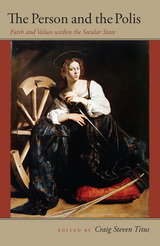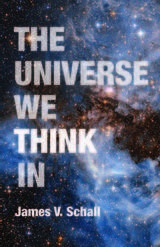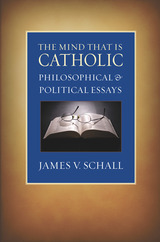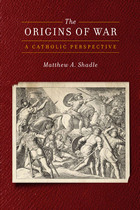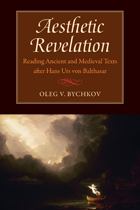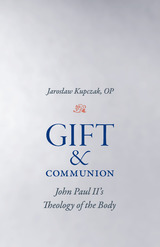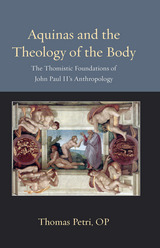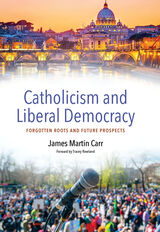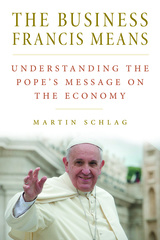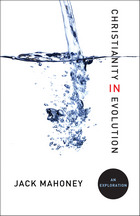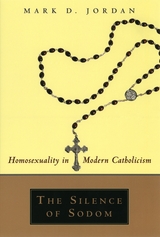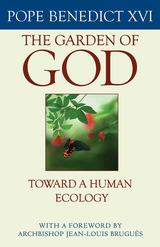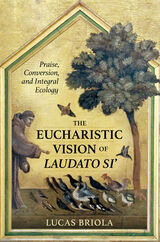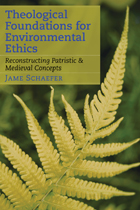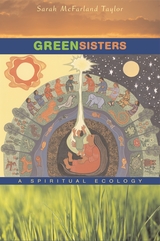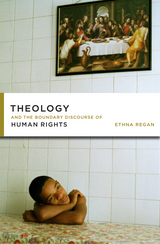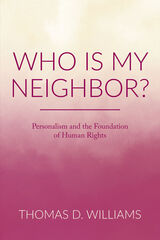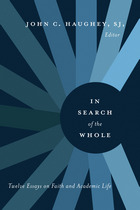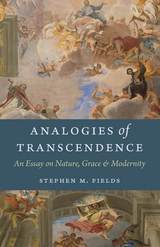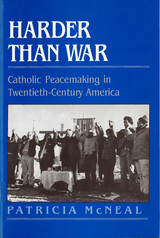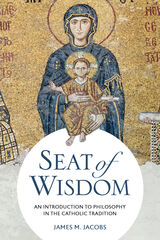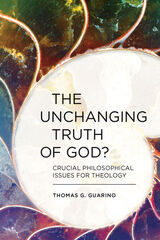Cloth: 978-1-58901-078-9 | Paper: 978-1-58901-079-6
Library of Congress Classification BX1795.H4H96 2006
Dewey Decimal Classification 261.8321
What, exactly, does it mean to be human? It is an age-old question, one for which theology, philosophy, science, and medicine have all provided different answers. But though a unified response to the question can no longer be taken for granted, how we answer it frames the wide range of different norms, principles, values, and intuitions that characterize today's bioethical discussions. If we don't know what it means to be human, how can we judge whether biomedical sciences threaten or enhance our humanity?
This fundamental question, however, receives little attention in the study of bioethics. In a field consumed with the promises and perils of new medical discoveries, emerging technologies, and unprecedented social change, current conversations about bioethics focus primarily on questions of harm and benefit, patient autonomy, and equality of health care distribution. Prevailing models of medical ethics emphasize human capacity for self-control and self-determination, rarely considering such inescapable dimensions of the human condition as disability, loss, and suffering, community and dignity, all of which make it difficult for us to be truly independent.
In Health and Human Flourishing, contributors from a wide range of disciplines mine the intersection of the secular and the religious, the medical and the moral, to unearth the ethical and clinical implications of these facets of human existence. Their aim is a richer bioethics, one that takes into account the roles of vulnerability, dignity, integrity, and relationality in human affliction as well as human thriving. Including an examination of how a theological anthropology—a theological understanding of what it means to be a human being—can help us better understand health care, social policy, and science, this thought-provoking anthology will inspire much-needed conversation among philosophers, theologians, and health care professionals.
See other books on: Bioethics | Catholic authors | Christian ethics | Health | Medical ethics
See other titles from Georgetown University Press

